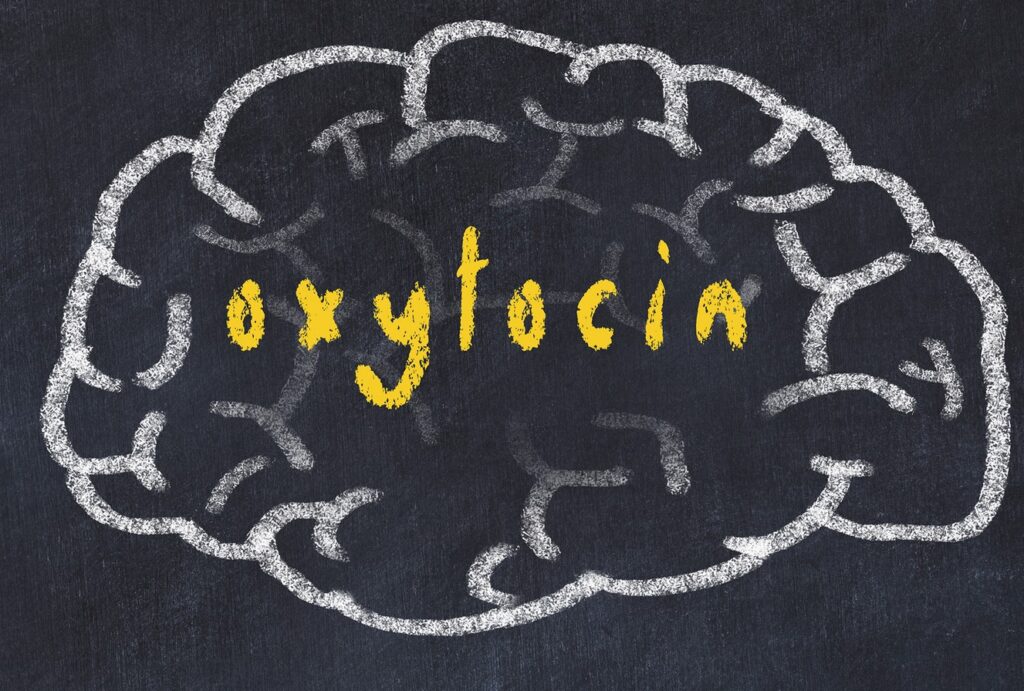Hugging is a great feeling when we are unable to express how we feel for the person next to us. It is also the first thing we long for from another person when we are feeling down. So why do we love hugging so much?
A good hug can not only make us feel good but also reduce our chances of getting sick! It can increase the likelihood that our team will perform better and directly affect how babies grow into adults!
Hugging involves touching, and it stimulates two parts of our brains. One is the somatosensory cortex, which deals with where we are touched, and the posterior insula handles the emotions associated with touch.
When we come in contact with an aggressive touch, we feel pain. On the other hand, when we are touched softly, we feel good. The same is the feeling with hugs because hugs are gentle, and it makes us feel good.
There are many scientific explanations and some unexplainable facts about hugging. Here at LiveTray, find out why we love hugging so much.
1. Hugging is an alternate way to express emotions

Since we were conditioned to feel sensations before we could talk, touch plays a vital role in how we express ourselves. Gentle touching to comfort someone is a way of showing softer emotions as hugs are associated with that.
Whether we have interpersonal skills or cannot express emotions, hugs are always an alternative way to say something without using words. So when we can’ t find the right words, our instincts immediately look for the most comforting action, which is a hug.
2. Hugs relieve stress

A study published by Carnegie Mellon stated that there is a direct link between hugging and our immune system. She studied a group of people with different ailments and infections and found that people who receive hugs more often were less stressed. This is because hugging increases the cortisol level in the brain. The cortisols are responsible for providing happy-vibes to the body. When someone receives a hug, the cortisol works to replace the stress with happy emotions and relieve stress.
3. Hugs improve teamwork performance

When we show physical comradery to our teammates by regular hugs and other forms of friendly touch, we create a bond. Many researches that study human behavior in athletes noticed that the best teams showed most affection through hugs and touch-bonding.
Hugs improve team performance because it requires less speaking and words can often be misquoted or misunderstood. The touch-bonding is sufficient to express positive or negative emotions.
4. Hugs increase confidence

Have you noticed how reluctant we get to touch another person when we don’t like them? Hugging requires a mental preparedness to accept another person as they are. So when we give or receive a hug, it often breaks the barrier of prejudice and opens new doors for further human interaction.
Therefore, when you hug someone, you are not only showing your emotional flexibility to explore further communication but also boosting yours and the person’s confidence!
Next time you feel intimidated by someone’s presence, don’t be afraid to reach for a hug instead of a lame handshake. It not only relieves stress but also makes you braver.
5. Improves interpersonal skills

Hugs are a great way to stabilize a fast heartbeat. A 20-second hug can significantly lower heart rates. When someone is scared of making a speech, talking to someone, or facing their fears, a hug always helps ease the tension.
6. Increases oxytocin level

Oxytocins are feel-good hormones that are responsible for our emotions. It promotes the feeling of love, bonding, and trust. So when you hug and cuddle often, these hormones get released more often, creating a stronger bond between people. When our brains release the higher oxytocin, the more attached we feel to the source. So when we touch through hugging, it strengthens interpersonal relationships.
7. Hugging relieves pain

When we hug someone, our brain releases endorphins that temporarily masks pain. So when you feel physical illness or you feel hurt emotionally, endorphins try to remove pain peptides. Through hugs, our brain releases the chemicals to block the pain.
8. Hugs make you feel safe

Remember when children are scared, and they run to you? The first thing you do is hug them because hugs are associated with safety. It gives us a sense of security and comfort. As stated earlier, hugs release oxytocins that increase our level of contentment and improves emotional bonding and trust. So when you trust someone, you automatically feel safe with them.
9. Hugs improve overall well-being

Lastly, hugs are a great way to lose personal inhibition. Besides all the above reasons, hugs make us feel like the world is a better place. It makes us happy to make someone else happy. It is a two-way street that benefits both the giver and the receiver.
Sometimes, you might feel like you are overstepping personal space, but hugs have more positive outcomes than negative ones. If you feel hesitant, simple permission such as “Can I hug you?” or “do you need a hug” is all that it takes to change someone’s life.
So next time you feel low or when you don’t have much to say, be generous with your hugs.









